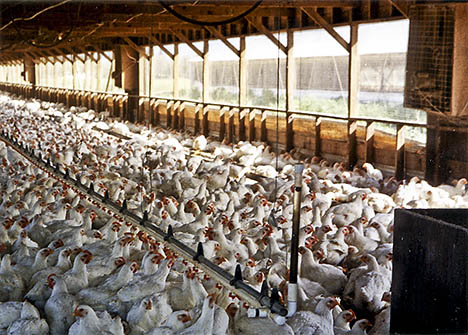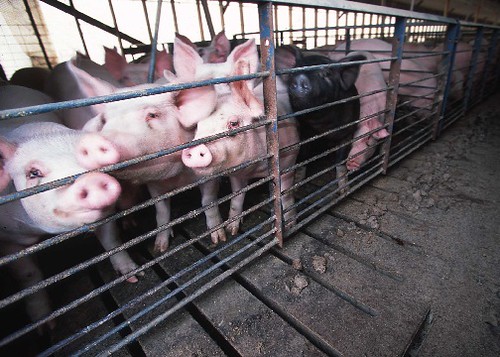Reading this book has made me realize that we need to pray for peace in our world and believe that God hears our prayers and doesn't cast them aside. In one of my groups of friends in high school, I learned to have the attitude that peace will never exist in Israel because of the long-lasting, deeply-rooted conflict between the Israelis and the Palestinians. I have let that mentality subconsciously continue for about 10 years now, and I have only recently realized what I believe to be an error in my thinking. If I believe that God desires peace in our world and that with God all things are possible, then I have to believe that peace is possible, and I have to live like I believe it.
I also have been confronted with my own failings when it comes to peace. How many times have I harbored such frustrated, hateful thoughts toward people? How many relationships have I soured through my own attitude? How many times have I argued my case (because I'm right, of course!) despite the damage that my arguing was doing?
I also have been confronted with my own failings when it comes to peace. How many times have I harbored such frustrated, hateful thoughts toward people? How many relationships have I soured through my own attitude? How many times have I argued my case (because I'm right, of course!) despite the damage that my arguing was doing?
I don't think that I have to remain silent about issues that inspire passion within me, but I do believe that I can relate to people in peaceful ways. I have often wondered, "Why can't people discuss things? Why can't we discuss religion and politics and issues that matter without feeling ready to attack the other person?" I am not sure I fully know the answer, but I do know that I want to be able to have these conversations while maintaining inner peace and the peace in the relationship. Humans are never going to all agree on pretty much anything, so must not we all work on finding a way to live together in love instead of in hate despite our differences?
I am inspired by people who patiently bring about peace in our world by being peaceful and connecting to people.
In my idealistic and romantic heart, I think that I desire for my life and home to be marked by peace. It might be silly, but I genuinely hope that people feel peace and love in their lives when they enter our house. I haven't stopped a war, but perhaps I can start by creating peace in our home and then watch it splash out into our community.
Finally, I have come to the realization that the next time our country considers declaring another needless war, which won't be too long from now if patterns from our history continue, I hope that I will have the courage to speak against it even if my position is not popular.
Finally, I have come to the realization that the next time our country considers declaring another needless war, which won't be too long from now if patterns from our history continue, I hope that I will have the courage to speak against it even if my position is not popular.
I feel like this post is lacking. Sometimes when I write I feel my logical, mathematician self typing as my passion bubbles in my chest trying to get out. Perhaps I will try again another day to somehow spill my bubbles onto the page. Or perhaps you can just get your hands on a copy of Practicing Peace so that you can also be inspired by the words of many throughout the ages...
Peace be with you.
Peace be with you.







